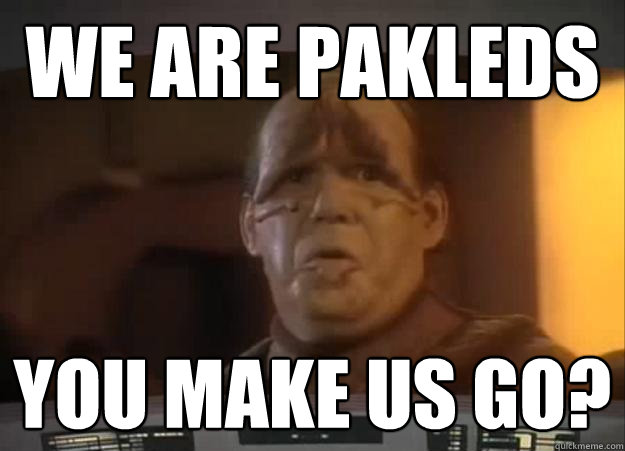That's not true at all. You need to learn a LOT to be a good coder. The best software engineers have a deep understanding of numerous programming languages, inner workings of operating systems, theory of computation, advanced mathematics, logic, sophisticated algorithms, a solid grasp of hardware electronics and so much more. The idea that coders don't learn anything is absurd. We are always learning. Technology changes so frequently that we have to constantly be studying new languages, devices, etc to keep up. It honestly changes a lot more than medicine does. And having studied both, I can tell you that the most difficult concepts in computer science are many times more difficult to wrap your head around than the most difficult topics I have encountered in medical school. For example, studying Artificial Intelligence challenged me far more than anything in 3 years of medical school has.
What we don't like to do is rote memorization. We prefer to think. We like to use our brain power to solve challenging problems instead of stuffing information in our heads that we will most likely forget, or may not even ever need. Rote memorization was useful before the age of computers and the internet. Now you can easily look up a fact if you need it. So what we think matters is how much you understand and how good you are at working through complex problems, not how many facts you can recite off the top of your head.
Your comment about an 'idiocracy in the making' is just plain ignorant. What we want is to rely on rote memorization less and use more of our time and energy sharpening our logical thinking and reasoning skills. If anything, that will make us smarter, more efficient, and more capable doctors.
I don't think you should be talking cr*p about a field and people you obviously know very little about. Programming your DVR doesn't count.
Edit: I just noticed you're "pre-health". If that's true, that's hilarious. You know literally nothing about medicine or coding, so I just wasted my time writing this post.


